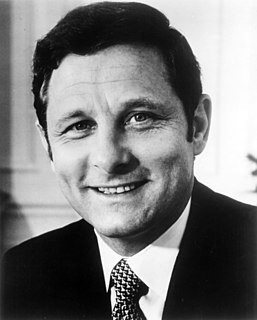A Quote by Plato
Socrates isguilty of corrupting the minds of the young, and of believing indeities of his own invention instead of the gods recognized by the state.
Related Quotes
For the next fifty years this alone shall be our keynote - this, our great Mother India. Let all other vain gods disappear for the time from our minds. This is the only god that is awake, our own race - "everywhere his hands, everywhere his feet, everywhere his ears, he covers everything." All other gods are sleeping. What vain gods shall we go after and yet cannot worship the god that we see all round us, the Virât? When we have worshiped this, we shall be able to worship all other gods.
The shortest way to arrive at glory should be to do that for conscience which we do for glory. And the virtue of Alexander appears to me with much less vigor in his theater than that of Socrates in his mean and obscure. I can easily conceive Socrates in the place of Alexander, but Alexander in that of Socrates I cannot.
An Athenian citizen does not neglect his state because he takes care of his own household; even those of us who are engaged in business have a very fair idea of politics. We do not regard a man who takes no interest in public affairs as harmless. We do not say that such a man 'minds his own business'. Rather we say he has no business here at all.
Socrates.- If all goes well, the time will come when one will take up the memorabilia of Socrates rather than the Bible as a guide to morals and reason... The pathways of the most various philosophical modes of life lead back to him... Socrates excels the founder of Christianity in being able to be serious cheerfully and in possessing that wisdom full of roguishness that constitutes the finest state of the human soul. And he also possessed the finer intellect.
There is no God separate from you, no God higher than you, the real "you." All the gods are little beings to you, all the ideas of God and Father in heaven are but your own reflection. God Himself is your image. “God created man after His own image." That is wrong. Man creates God after his own image. That is right. Throughout the universe we are creating gods after our own image. We create the god and fall down at his feet and worship him; and when this dream comes, we love it !
I don't hold with paddlin' with the occult," said Granny firmly. "Once you start paddlin' with the occult you start believing in spirits, and when you start believing in spirits you start believing in demons, and then before you know where you are you're believing in gods. And then you're in trouble." "But all them things exist," said Nanny Ogg. "That's no call to go around believing in them. It only encourages 'em.







































